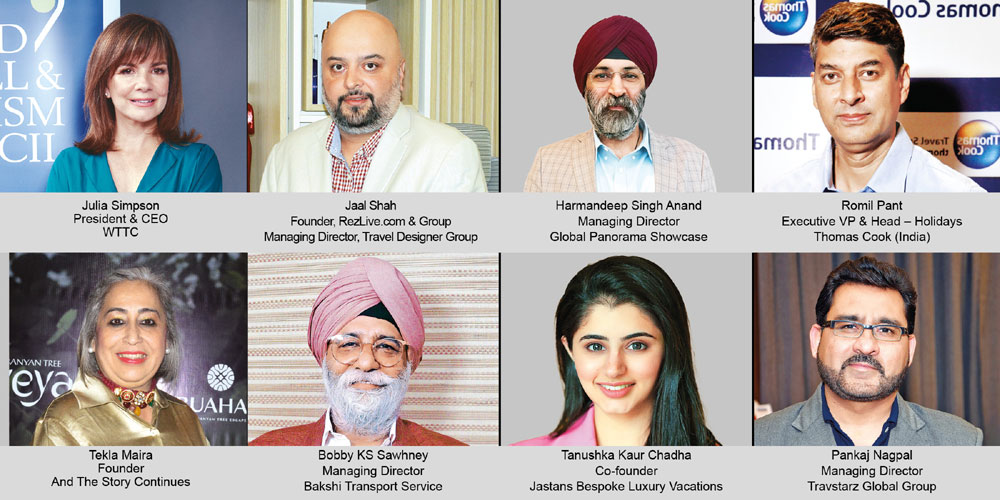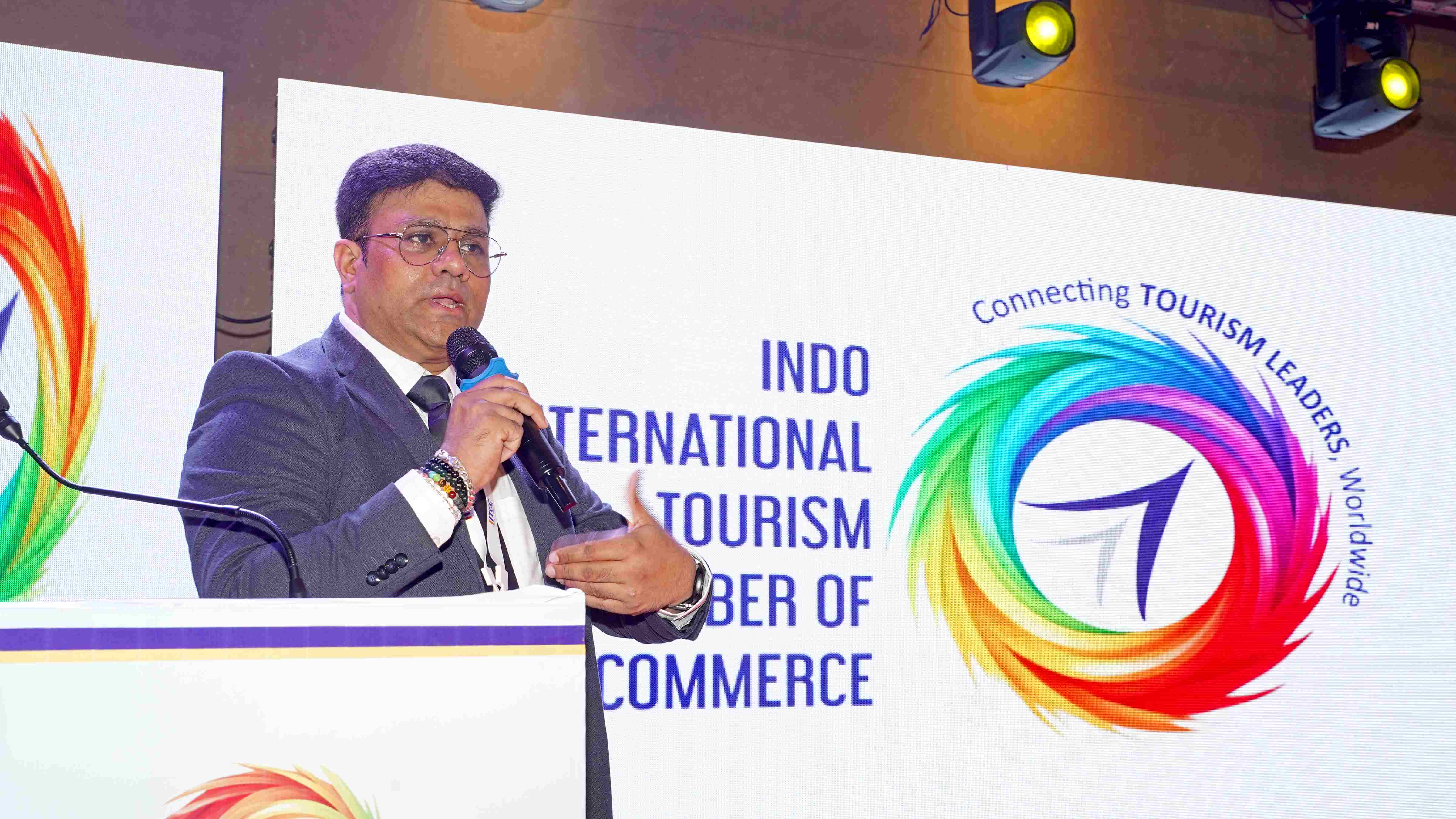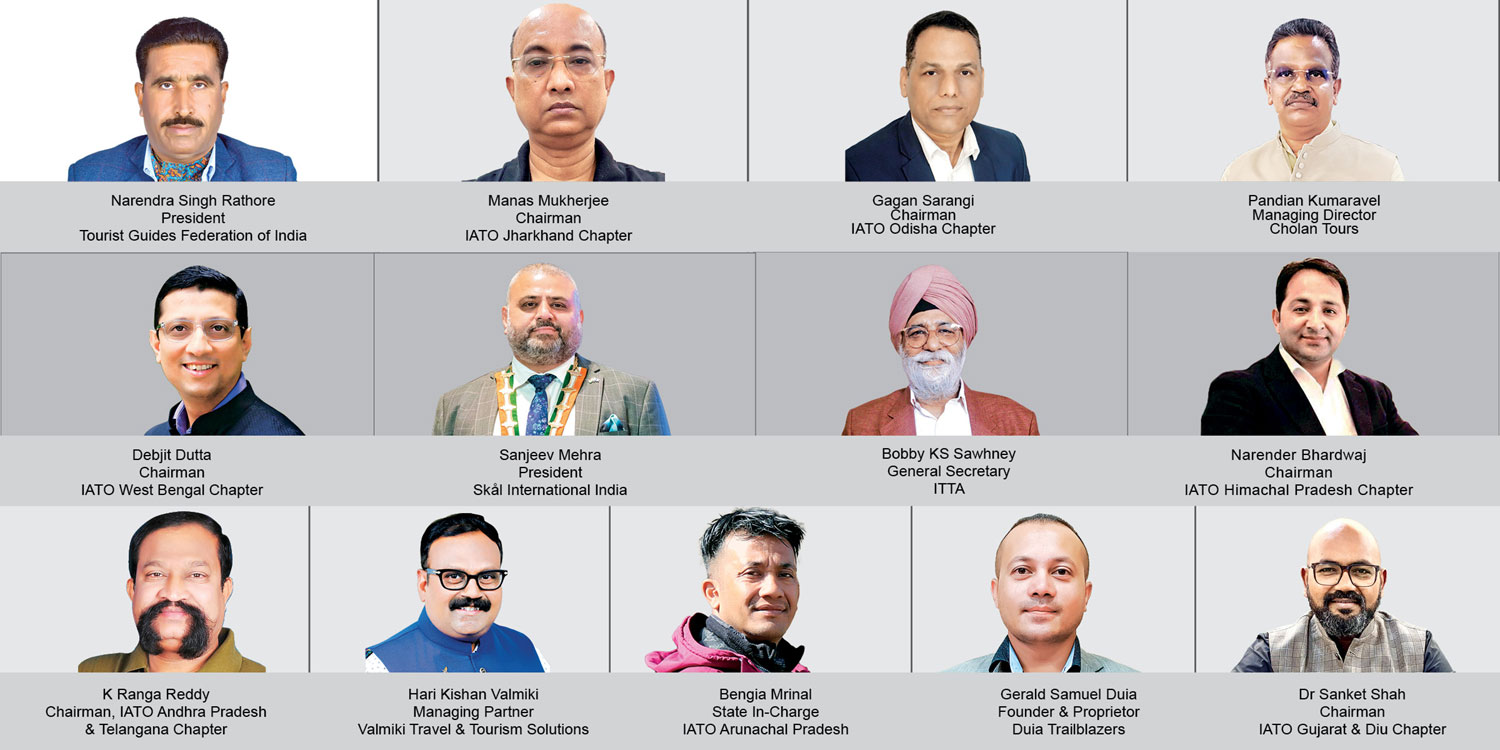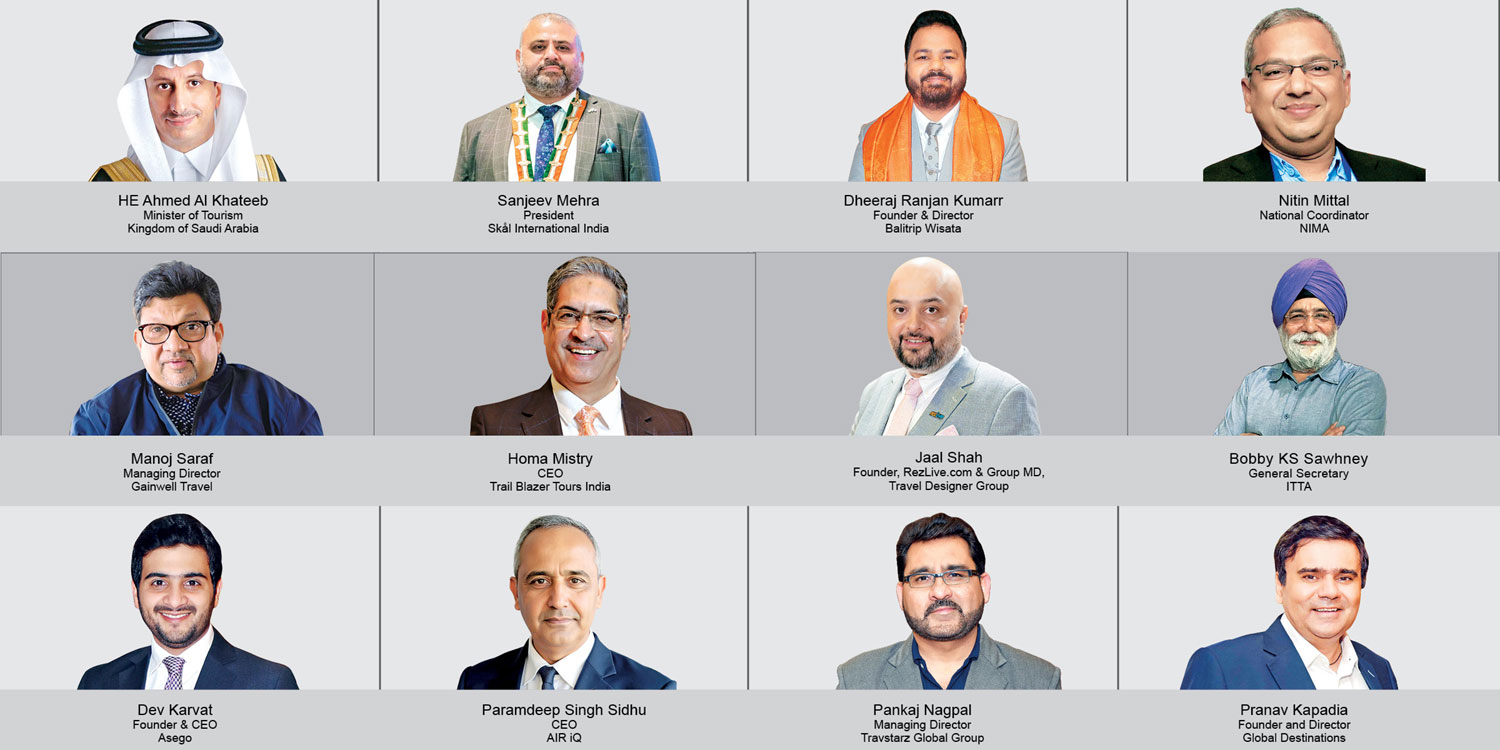Sustainable transformation in tourism is no longer a choice but a necessity, say industry leaders, stressing the need for balanced growth coupled with responsibility.
TT Bureau
Julia Simpson, President & CEO, WTTC
The development of Sustainable Aviation Fuel (SAF) represents a pivotal opportunity. SAF has the potential to cut lifecycle emissions from aviation by up to 80%, and India is well-placed to become a regional leader in its production. By embracing innovation, championing sustainability, and ensuring inclusive growth, the country can set a standard for how travel and tourism can prosper in a rapidly changing world. The great Indian take-off is already underway. The challenge now is to sustain this momentum and to fly higher.
Jaal Shah, Founder, RezLive.com & Group, Managing Director, Travel Designer Group
Sustainable transformation in tourism is no longer optional — it is essential. It means reimagining travel to respect ecological limits, empower local communities, and ensure long-term economic resilience. At RezLive.com, this philosophy is embedded in a tech-driven model that reduces paper use, promotes eco-certified stays, and strengthens local partnerships through fair pricing. With rising demand from millennials and Gen Z for responsible travel, the platform is evolving with sustainability filters, smarter itineraries, and curated experiences.
Harmandeep Singh Anand, Managing Director, Global Panorama Showcase
Sustainable transformation in tourism means integrating environmental, social, and economic responsibility across the travel value chain. The industry has progressed, with growing adoption of green infrastructure and community-driven experiences, yet it faces challenges balancing high demand with resource limits. Our organisation acts by supporting local businesses, reducing plastic use, and prioritising green-certified partnerships.
Romil Pant, Executive VP & Head – Holidays Thomas Cook (India)
Sustainable tourism is witnessing strong interest, especially among Young India’s millennials and Gen Z. With rising environmental awareness driven by global warming and its visible impact, travellers are increasingly drawn to destinations that preserve biodiversity, cultural heritage, and local communities. At Thomas Cook India, we view sustainable transformation as creating meaningful travel that balances discovery with responsibility.
Tekla Maira, Founder, And The Story Continues
Sustainable transformation in tourism is about rethinking travel to balance environmental protection, social equity, and cultural preservation while ensuring long-term benefits for destinations and communities. Beyond reducing carbon emissions, conserving water, and promoting eco-friendly infrastructure, it emphasises supporting local communities, fair wages, and preventing overtourism. In the luxury space, this balance is easier to maintain.
Bobby KS Sawhney, Managing Director, Bakshi Transport Service
Sustainable transformation in tourism means adopting practices that minimise environmental impact, foster social equity, and ensure economic viability. While progress has been made through ESG adoption, certifications, and alignment with SDGs, greater efforts are still required. Balancing growth with responsibility requires eco-tourism models, policy support, and green innovation. Many travellers now prioritise sustainability.
Tanushka Kaur Chadha, Co-founder, Jastans Bespoke Luxury Vacations
In Jastans Bespoke Luxury Vacations, we view sustainable transformation in tourism as creating enriching experiences that protect the environment, respect cultures, and uplift communities. While the industry has made commendable progress, a great deal remains to be achieved. At Jastans, we partner with eco-conscious properties, support artisans, and promote low-impact travel, ensuring growth aligns with sustainability.
Pankaj Nagpal, Managing Director, Travstarz Global Group
Sustainable transformation in tourism is basically the industry shift towards accepting policies and technology to minimise the negative environmental, social, and economic effect while enhancing the positives for a long-term sustainability of the destination, its people, and the travellers. It includes steps like minimising wastage of food, water, electricity, besides use of green and renewable sources and maximising use of technology.
 TravTalk India Online Magazine
TravTalk India Online Magazine





